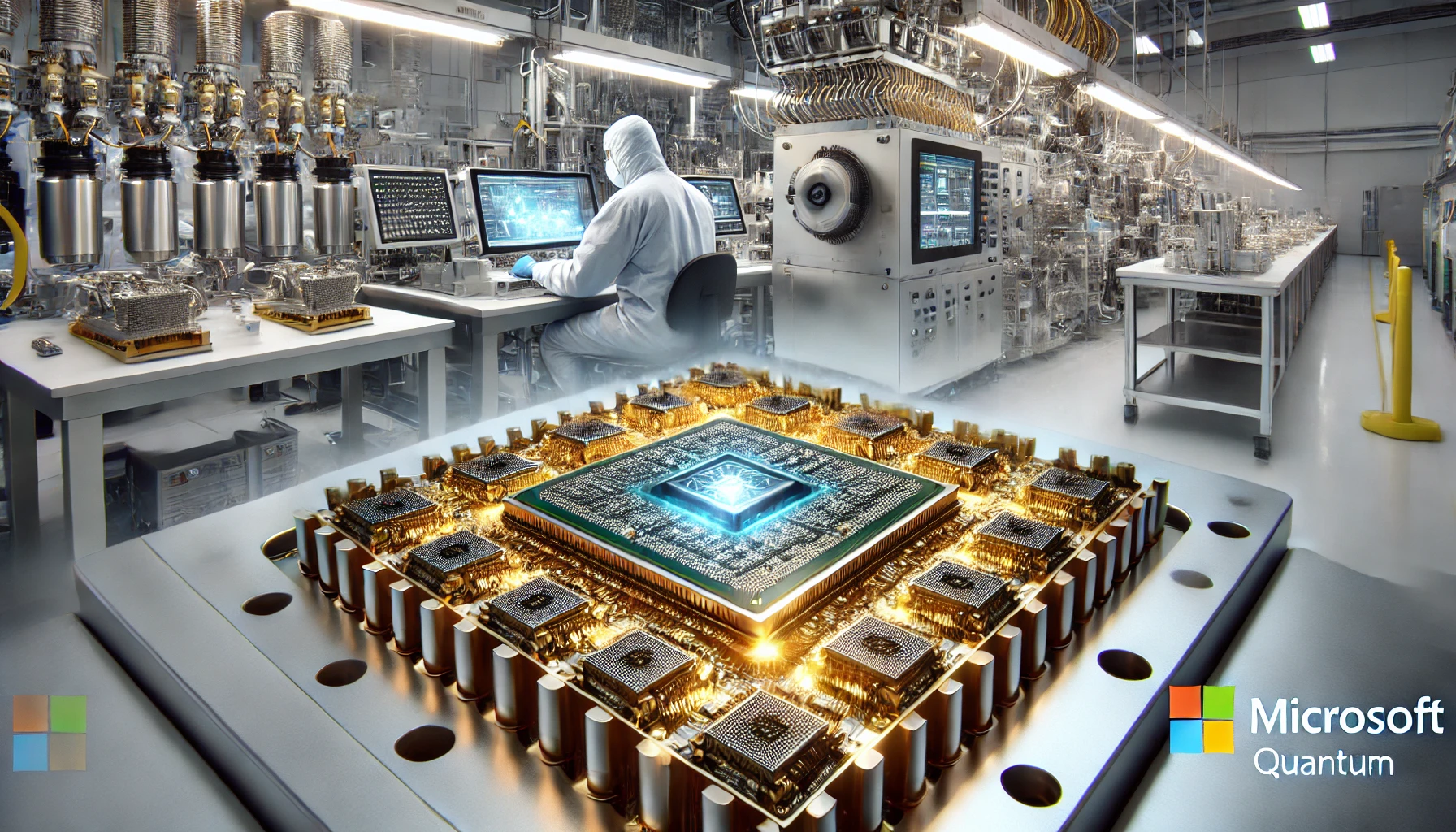The Biden-era CHIPS Act was designed to revive America’s semiconductor sector, but under the Trump administration, that funding is taking a new form: direct equity ownership. On Friday, President Trump announced that the U.S. government will acquire a 10% stake in Intel, a move aimed at stabilizing the struggling chipmaker and cementing its role in America’s technology future.
The announcement sparked immediate investor reaction, sending Intel shares up more than 7% in midday trading. The move represents one of the most aggressive interventions in U.S. industrial policy in recent years, underscoring Washington’s belief that semiconductors are not only an economic priority but also a national security imperative.
Intel has endured a turbulent few years. Once the undisputed leader in computer processors, the company has seen its dominance erode as rivals Advanced Micro Devices and Qualcomm gained ground in the PC market. Meanwhile, Nvidia has surged ahead in artificial intelligence chips, leaving Intel far behind in one of the fastest-growing and most strategically critical corners of the tech world.
Financially, the company has struggled to contain mounting losses. Its manufacturing division continues to bleed cash, while its market capitalization of roughly $111 billion is less than half of what it was in 2021. Under current CEO Lip-Bu Tan, Intel has been forced to make difficult cuts, laying off 15% of its workforce and shelving ambitious international expansion plans, including new facilities in Europe.
Still, Intel holds unique strategic importance. It remains the only U.S.-based company capable of producing advanced semiconductors at scale, a capability that has become increasingly vital as the global chip supply chain faces geopolitical risks. With tensions between the U.S. and China intensifying, reshoring semiconductor manufacturing has become a bipartisan priority in Washington.
Trump’s announcement also comes just days after Japan’s SoftBank Group revealed a $2 billion investment in Intel, signaling international confidence that the company may yet succeed in its turnaround. Even so, the road ahead remains challenging. Intel’s $20 billion Ohio chip complex—once heralded as the centerpiece of America’s semiconductor revival—has been delayed again, reflecting the company’s struggle to balance ambition with financial discipline.
At the same time, Intel is trying to reinvent itself as a contract chip manufacturer, or foundry, capable of producing semiconductors for other firms. Microsoft and Amazon have already signed agreements to use Intel’s newest 18A chip technology, but Intel itself remains its largest foundry customer, raising questions about whether it can truly scale the business to rival Taiwan Semiconductor Manufacturing Company (TSMC).
The U.S. government’s decision to become a shareholder in Intel adds a new layer of complexity. Supporters argue it provides Intel with the financial stability and political backing it needs to remain competitive in a cutthroat industry. Critics, however, caution that government ownership could distort market dynamics and discourage private-sector innovation.
For now, markets appear optimistic. Intel’s rally suggests investors see Washington’s stake as a sign of long-term commitment to keeping the company afloat. With global demand for chips set to surge alongside artificial intelligence, electric vehicles, and cloud computing, Intel’s future may hinge on whether government backing can help it reclaim its leadership position in one of the world’s most consequential industries.







